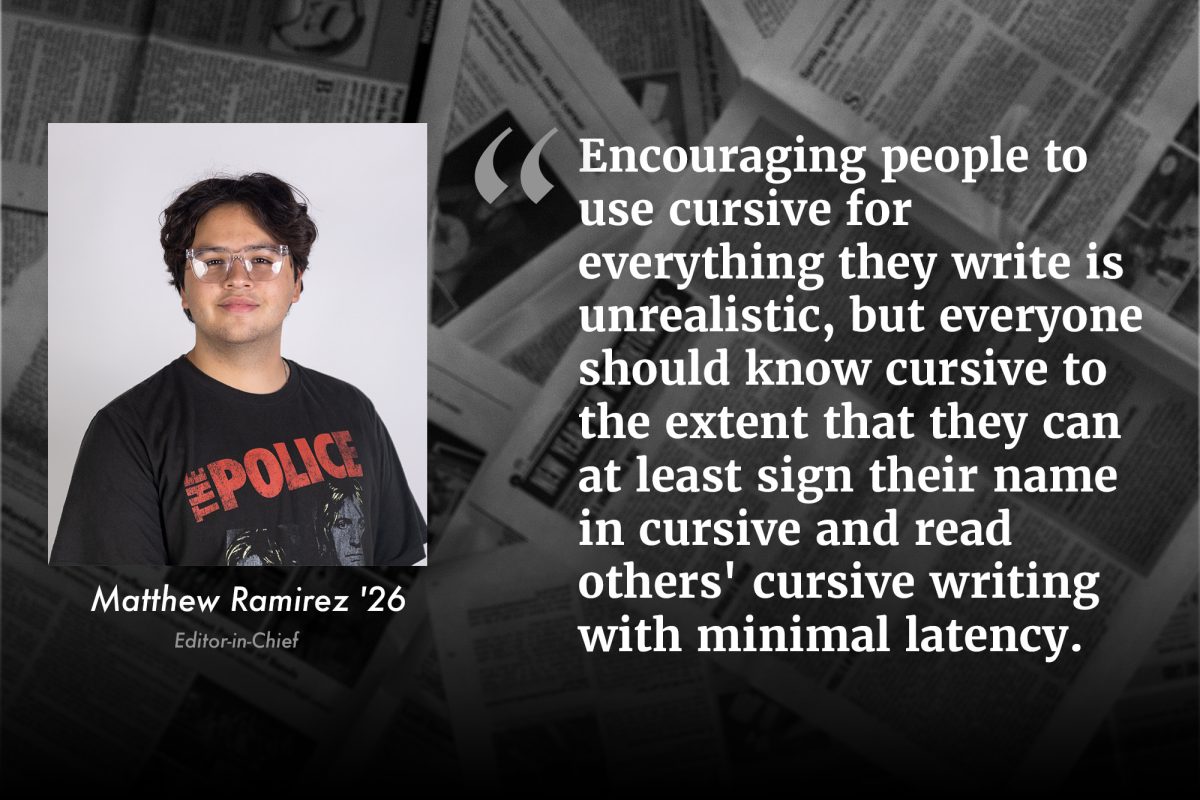At 6:00 a.m., the same alarm cuts through the silence of the morning to awaken you. In fact, some days, naturally, your eyes may open at 5:56 a.m., accustomed to the daily routine.
Following the alarm, you brew the same coffee, put on the same backpack, and leave your house at around the same time, 7:00 a.m., to take the same, well-worn path to school.
The cycle continues daily. Wake up, go to school, come home to begin homework, go to bed, and repeat.
However, in the sea of sameness, something crucial dissolves. Our continuous daily and weekly routines mask the curiosity, spontaneity, and unique choices that differentiate each day.
While habits and routines may provide a sense of security, it is necessary to understand that each day holds much more in store than repeating the same tasks in a never ending cycle. These repetitive habits that construct every single day may be curbing the potential each day holds.
Sitting inside, scrolling on TikTok while waiting for your coffee to finish brewing every day, is a simple, comforting, habit, but in doing so, you miss the sights and sounds outside that may provoke new thoughts. Likewise, heading straight up to your room once you get home every day to start homework may be preventing you from spending more time talking to your family or starting a new art project.
In fact, unvaried, busy routines can make each day feel like it’s on “autopilot.” These routines, packed with habitual behaviors, can obstruct true feelings and our ability to interact with each day to the fullest. Instead of confronting boredom, routines delegate a task to every hour of every day, leaving us with little freedom of asking ourselves what we wish to do with our free time.
So, what’s essential is finding a way to maintain an equilibrium between the stability a routine brings and still find time to engage in new, vitalizing activities. We must reassess our packed routines, pinpointing and replacing the hours spent on mundane tasks that may be both unnecessary and lifeless with activities that hold more value.
For example, the habitual hour spent doomscrolling after school may be better spent journaling or talking to your sibling. These replacements don’t have to be groundbreaking, they just have to stray away from the usual routine your day falls into.
You may not even have to change the habit itself. Even simply switching up the route of your daily 20-minute walk or listening to a different genre of music in the car can foster a fresh feeling.
Moreover, research finds that varying your schedule can improve brain functioning and cognitive abilities by breaking the monotony of certain routines, exposing you to new experiences, and preventing burnout.
Regardless of the action, slightly changing your routine exposes you to new environments, new feelings, and new ideas.
So, take this as a gentle reminder that each week is made up of several distinct days, and work to ensure each day comes with a sense of uniqueness when compared to the rest.


















